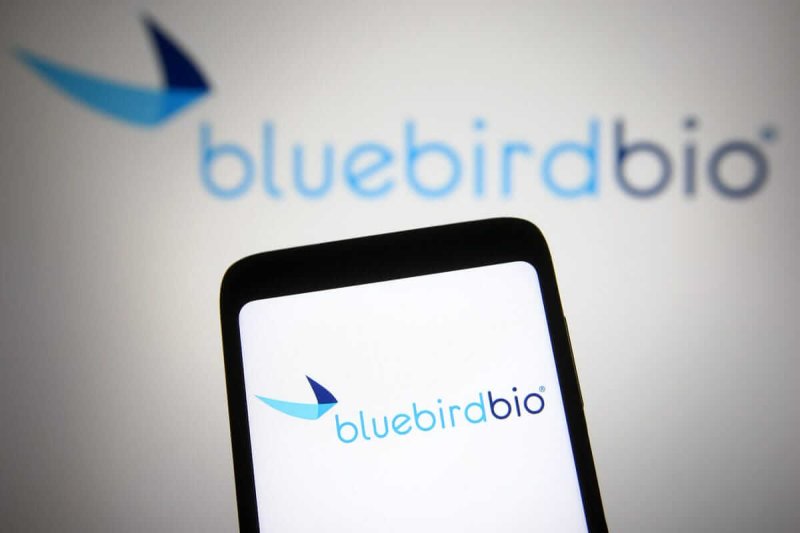Zynteglo has become the first cell-based gene therapy to be approved in the US, getting the nod from the FDA as a treatment for patients with beta thalassaemia who require regular blood transfusions.
The US approval comes three years after Zynteglo (betibeglogene autotemcel) was approved for the same indication in Europe, and subsequently withdrawn after bluebird concluded that it wasn’t possible to build a commercially viable business for the gene therapy as the pricing and reimbursement environment there was too “hostile.”
The gene therapy specialist’s chief executive Andrew Obenshain said the approval “marks a watershed moment for the field of gene therapy” and is “ushering in a new era in which gene therapy has the potential to transform existing treatment paradigms for diseases that currently carry a lifelong burden of care.”
In a statement, the FDA said that there is a hypothetical risk of blood cancer associated with Zynteglo – noting however that no cases have been seen in clinical studies of the therapy – so patients should have their blood monitored for at least 15 years for any evidence of cancer.
…
With the Zynteglo approval in the bag, eyes now turn to bluebird’s second gene therapy candidate elivaldogene autotemcel (eli-cel) for cerebral adrenoleukodystrophy (CALD), which has also been recommended for approval and is due for an FDA decision by 16 September [2022].































